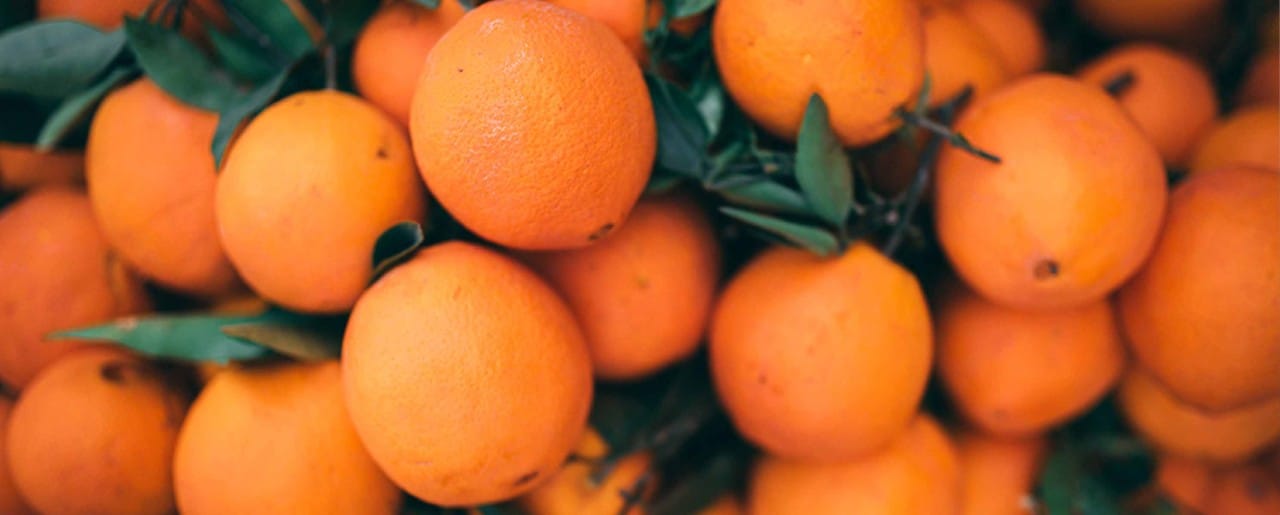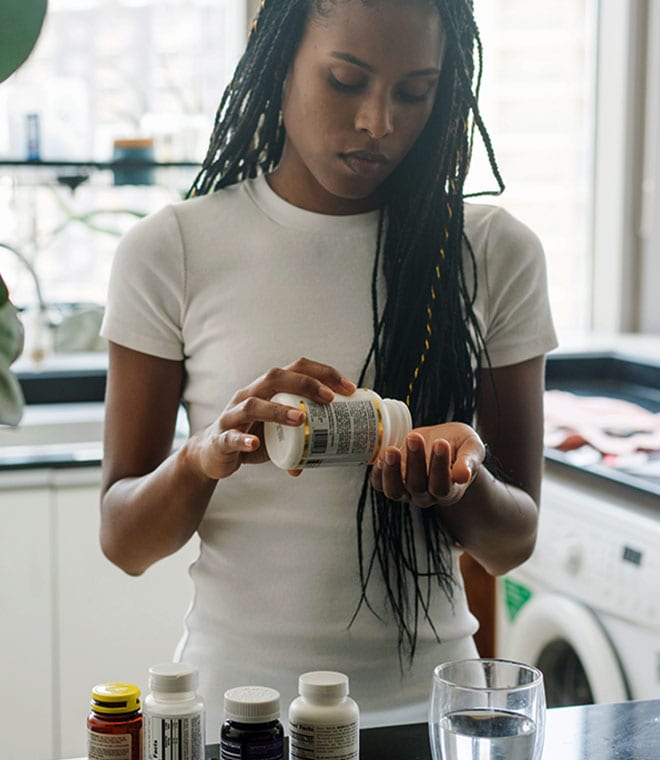Wellness
What are the different sources of vitamin C?
By Jennifer Scheinman, MS, RDN Sep 26, 2023 • 4 min
Many of us know that oranges and orange juice contain vitamin C. But did you know that other fruits and vegetables are also good sources of vitamin C? If you're looking to increase your vitamin C intake, there are many sources to choose from.
Why is vitamin C important?
Vitamin C is a water-soluble vitamin that’s important for immune function and collagen production, a protein that aids in wound healing. It also acts as an antioxidant, meaning it helps to prevent cell damage. Research is also looking at vitamin C’s antioxidant activity to determine if it may play a role in preventing or delaying certain types of cancer, heart disease and other illnesses. Vitamin C also helps the body absorb iron from plant-based sources of food. The body doesn't make vitamin C, so we must get it through the diet.
Which foods are high in vitamin C?
Fruits and vegetables are the best sources of vitamin C. The following foods have some of the highest amounts of this nutrient:
- Bell peppers
- Broccoli
- Brussels sprouts
- Cabbage
- Cantaloupes
- Citrus fruits (oranges, grapefruit, lemons and limes)
- Kale
- Kiwifruit
- Potatoes
- Tomatoes
- Strawberries
Vitamin C is not naturally present in grain products, but it is often added to breakfast cereals.
Prolonged storage and cooking can lower the vitamin C content in food. Steaming, stir-frying, blanching or microwaving foods may help foods retain more vitamin C than other cooking methods. Thankfully, you can eat many fruits or vegetables raw.
Aim to consume at least five servings of a variety of fruits and vegetables each day. This can help you meet your vitamin C needs.
Vitamin C in supplement form
If you eat a varied diet, you are likely getting sufficient vitamin C. However, vitamin C supplements may be recommended for people with certain health conditions or those who have limited food variety.
Supplements come in many forms, including:
- Ascorbic acid (another term for vitamin C)
- Mineral ascorbates
- Ascorbic acid with bioflavonoids
There is little evidence to show what is the best form of vitamin C. Your healthcare provider can offer a more personalized recommendation on the best time to take a supplement, including if you should take it with or without food. While supplements are an option to boost your intake, eating a healthy diet is the best way to get vitamin C.
Is there any risk with taking vitamin C supplements?
Vitamin C supplements have little risk for toxicity. However, taking high doses can cause digestive issues, such as cramping, diarrhea, nausea, heartburn, fatigue, headaches, flushing and sleepiness or insomnia (trouble falling or staying asleep). There may also be interactions with certain medications, including cancer treatments, such as chemotherapy and radiation. Vitamin C supplements, especially high doses, can also cause kidney stones in some people. Long-term use at doses over 2,000 mg may increase the risk of side effects.
The good news is that most people can get enough vitamin C by eating a healthy and varied diet. Talk to your healthcare provider if you're considering vitamin C supplements.
Clinically reviewed and updated by Julie McDaniel, MSN, RN, CRNI September 2023.
Sources:
- https://ods.od.nih.gov/factsheets/VitaminC-HealthProfessional/
- https://www.hsph.harvard.edu/nutritionsource/vitamin-c/
- https://www.mayoclinic.org/drugs-supplements-vitamin-c/art-20363932
- https://health.clevelandclinic.org/vitamin-c/
- https://health.clevelandclinic.org/sources-of-vitamin-c/
- https://www.hsph.harvard.edu/nutritionsource/vitamin-c/




